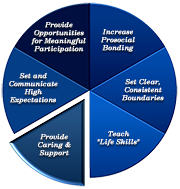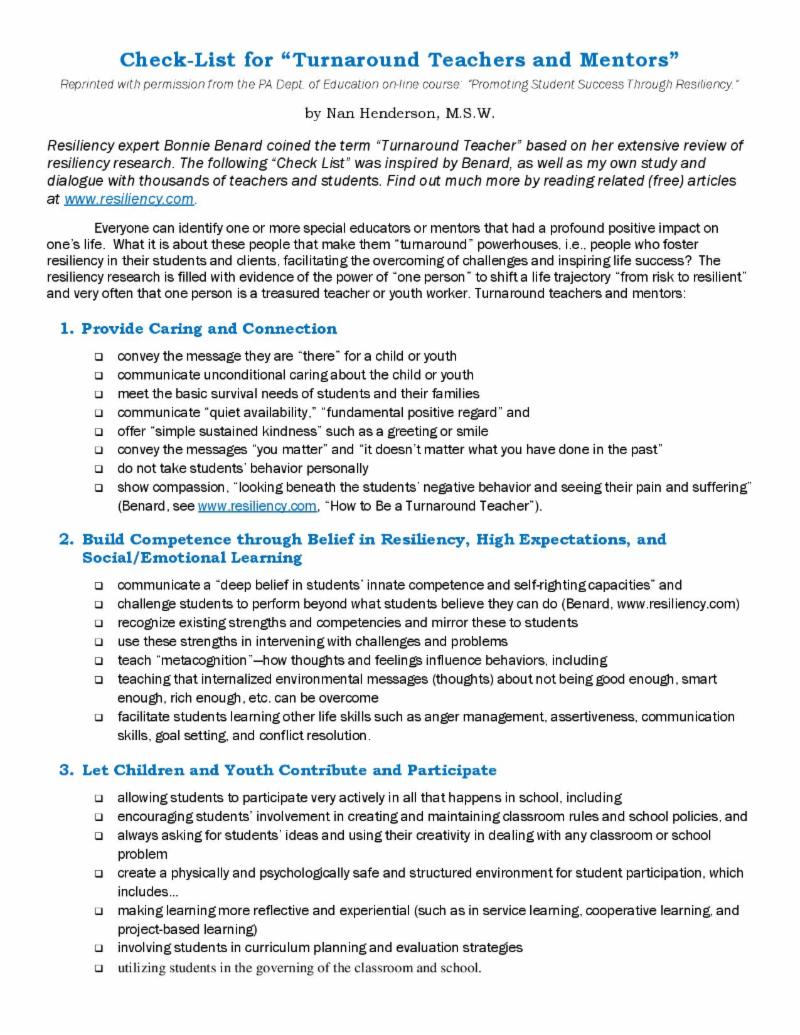How to Build Resiliency (Especially for those with High ACEs)
“Resilience research is surging,” reports preeminent resiliency researcher Ann S. Masten in her recent comprehensive report: Resilience in Children: Developmental Perspectives. She notes this surge is growing right along with the increase in concerns about Adverse Childhood Experiences (ACEs). Masten (and her co-author Andrew J. Barnes) state:
“Resilience science suggests that human resilience is common, dynamic, [and] generated through myriad interactions of multiple systems.”
Five decades of resiliency research primarily in the fields of psychology, psychiatry, pediatrics, and education has focused on trying to understand “positive developmental trajectories among children who managed to hold their own or even flourish” despite childhood adversity, including disasters, war, poverty, displacement, and pandemics.
THE GOOD NEWS: Masten and Barnes conclude, “There are some remarkable consistencies in findings (about how to foster resiliency) from the voluminous literature on resilience.” READ ON…
…is important, Masten and Barnes argue. Their report synthesizes findings, so information on how foster resiliency can be utilized in working across many systems, including education and counseling, as well as in the wake of “disasters and calamities.”
A central, consistent finding: “Environmental supports play a crucial role in creating a resilient outcome.” This (again) challenges the notion that someone is either resilient or not. “Resilience is not a trait,” the authors conclude, “although individual differences in personality or cognitive skills clearly [can] contribute.” They state: “Supportive relationships play an enormous role in resilience across the lifespan.”
In addition, children “are often” protected from the negative impact of adversity “by multiple ‘back up’ systems” provided through a network of extended family and other caregivers, educators, and other caring adults within the larger community.
This research summary again confirms the crucial role of Caring and Supportive relationships in fostering resilient outcomes.

“There has been a rather impressive convergence of findings across diverse literature” as to what promotes resiliency in the face of all types of adversity, Masten and Barnes write.
They provide “a shortlist of common resilience factors” they have gleaned from the myriad of studies across many disciplines. Listed below, these factors are connected to The Resiliency Wheel (my synthesis of resiliency-promoting factors shown above).
- Caring family and caregivers; skilled parenting [Caring and Support]
- Close relationships, belonging; connections in “well-functioning” communities [Pro-social Bonding]
- Routines and rituals [Boundaries]
- Personal “agency” and motivation to adapt [promoted by Meaningful Particpation]
- Problem-solving skills, planning, executive functioning skills [Lifeskills training]
- Self-regulation skills [Lifeskills training]
- Feelings of self-efficacy, positive view of self [promoted by Meaningful Participation]
- Hope, faith, optimism [High Expectations]
- Believing life has meaning
- Engagement in a well-functioning school [which should incorporate all aspects of The Resiliency Wheel]
Recent resiliency research has added the “spiritual” aspect of “a belief that life has meaning,” (not diagrammed in The Resiliency Wheel) as a resilience factor – a central tenant of every faith tradition.

A useful tool for being as effective as possible as an agent of healing is a CHECKLIST FOR TURNAROUND TEACHERS/MENTORS (above), which compiles decades of research findings as to how to help others bounce back. The most recent resiliency research findings continue to validate the strategies listed in the Checklist.



Speak Your Mind